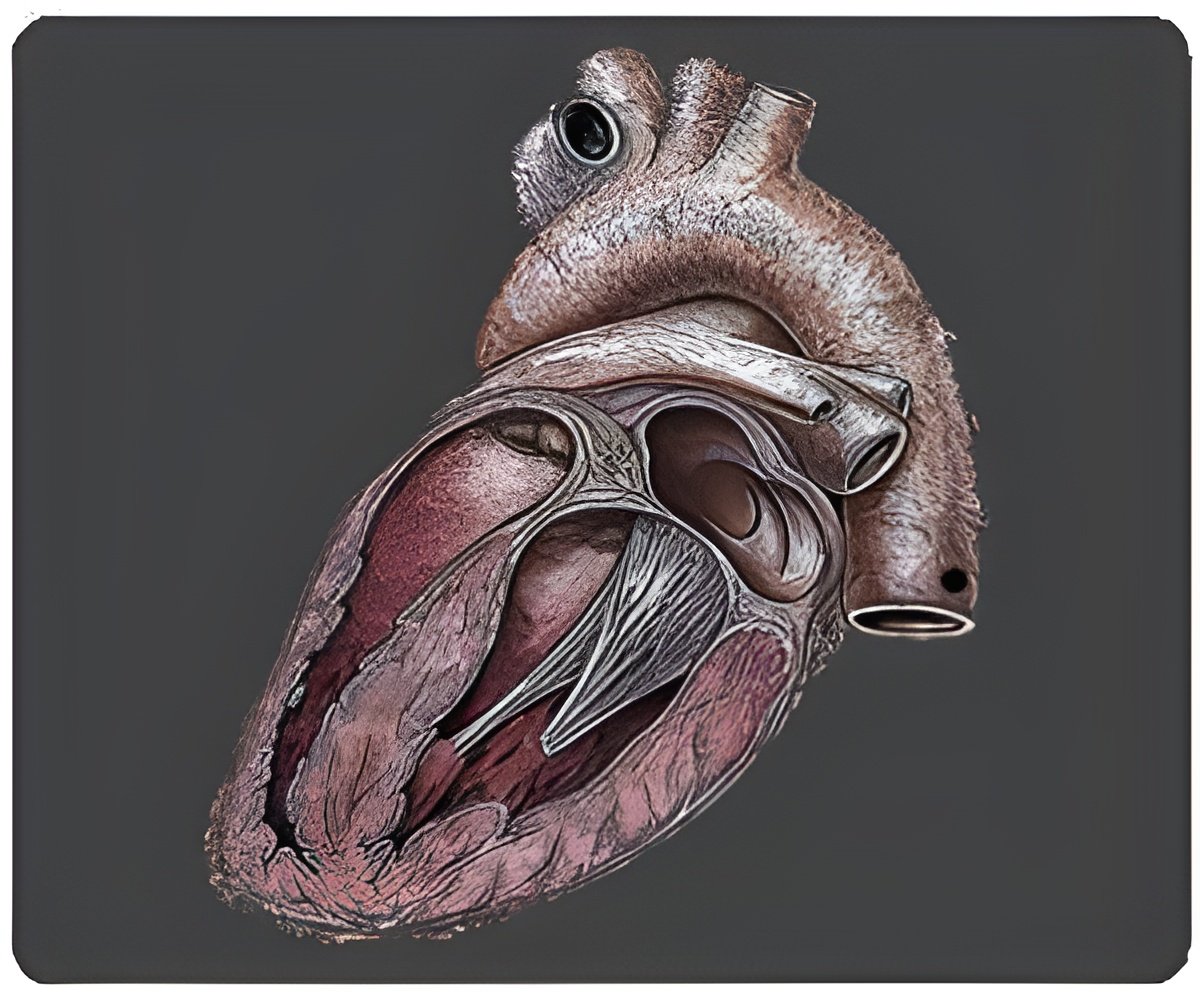
When the heart contracts it generates a pulse or energy wave that travels through the arteries. This wave gets reflected in parts of the arterial tree and returns to the heart while it is ejecting blood, increasing the heart's workload. Increased wave reflections can lead to increased pressure on the heart and have been shown to be independent predictors of cardiovascular morbidity and mortality in populations with established heart disease or advanced kidney disease, but their association with adverse outcomes in the general population has remained unclear. Furthermore, the specific association between increased wave reflections and heart failure had not been shown before.
"Over five million people in the U.S. alone have heart failure, and it results in approximately 300,000 deaths each year. It's critical that we work to discover novel ways to identify patients most at risk," said Julio A. Chirinos, MD, assistant professor of Medicine at Penn and the study's lead author. "We show for the first time in a large general population that people with prominent arterial wave reflections are at greater risk for developing heart failure in the future."
In the current study, Dr. Chirinos and collaborators measured arterial wave reflections with a simple, non-invasive procedure known as arterial tonometry. Arterial tonometry is a technique for blood-pressure measurement in which an array of pressure sensors is pressed against the skin over an artery. The researchers analyzed the radial artery pressure obtained at baseline from 5,958 participants in the Multi-Ethnic Study of Atherosclerosis (MESA) and assessed the relationship between the magnitude of the reflected wave at baseline and incident cardiovascular events (CVE) and congestive heart failure (CHF). All patients in the MESA cohort had no known cardiovascular disease at baseline.
During median 6.46 years of follow-up in the current study, the researchers found that even just a 10 percent increase in wave reflection magnitude was predictive of a higher risk of combined cardiovascular events, hard cardiovascular events, and was strongly predictive of incident heart failure. This measure was a stronger predictor of CHF risk than hypertension and other established modifiable risk factors, as measured by established medical standards and population-based risks. This suggests that wave reflections are important determinants of heart failure risk.
"Although more experimental studies and clinical trials should be pursued to confirm a causal role, these findings interpreted in the context of available data, identify increased wave reflections as a new potential mechanistic risk factor for heart failure in the general population," said Dr. Chirinos. "We hope that this line of research has the potential to lead to therapeutic approaches for prevention of heart failure."
Advertisement
Advertisement














